Interview: Bela Fleck
Audio clip: Adobe Flash Player (version 9 or above) is required to play this audio clip. Download the latest version here. You also need to have JavaScript enabled in your browser.
MP3: Bela Fleck – Foggy Mountain Special from Bluegrass Sessions V.2
If you are a musician, especially an instrumentalist, you have likely heard the name Bela Fleck. If you are a lover of bluegrass, you have likely heard the name Bela Fleck. If you are a banjo lover, you have likely heard the name Bela Fleck.
The list goes on, endlessly. Bela Fleck is one of the most versatile musicians of our time, excelling as both a genre-defying instrumentalist and an arranger. His instrument of choice: the banjo. Raised in New York City and named after the famed composers Bartok, Dvorak and Janacek, he has quite a legacy to live up to. Like so many others, Bela started out on the guitar. But his love of Earl Scruggs’ definitive banjo work in bluegrass and country quickly swayed him onto the banjo. Like the next logical progression from Scruggs, Fleck takes many of the aspects that Scruggs introduced into bluegrass (strong jazz influence, lyrical quality, fluid phrasing, awe-inspiring and complex licks) and takes them to the next level.
Fleck began his career on banjo when he entered high school and cut his teeth under some of the greats of bluegrass banjo pickers, including Tony Trischka. After moving to Lexington, KY, Bela joined the Sam Bush-fronted New Grass Revival and became a staple in the New Grass movement, an evolution of traditional bluegrass infusing more diverse instrumentation and more readily fusing elements from other genres, notably rock, country and jazz. They readily experimented and dabbled in musical alchemy which re-invigorated a new generation of fans while infuriating some bluegrass traditionalists.
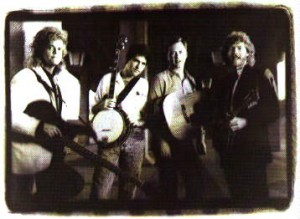 In the late 1980′s, the end of his years with Sam Bush’s New Grass, Bela met peers (among them ferocious bassist Victor Wooten) who would eventually come together to form his Flecktones project. Bela Fleck and the Flecktones are a group of virtuoso-level instrumentalists that came together to create some of the most challenging and rewarding music of our time, amalgamating innumerable influences and instruments in blindingly complicated arrangements. Fleck and co. created a truly organic and seamless fusion of all their influences: rock, pop, classical, R&B, bebop, hip-hop, country, bluegrass, jazz, various world styles, even electronic.
In the late 1980′s, the end of his years with Sam Bush’s New Grass, Bela met peers (among them ferocious bassist Victor Wooten) who would eventually come together to form his Flecktones project. Bela Fleck and the Flecktones are a group of virtuoso-level instrumentalists that came together to create some of the most challenging and rewarding music of our time, amalgamating innumerable influences and instruments in blindingly complicated arrangements. Fleck and co. created a truly organic and seamless fusion of all their influences: rock, pop, classical, R&B, bebop, hip-hop, country, bluegrass, jazz, various world styles, even electronic.
Not content to stop there, Bela Fleck took the banjo into the realm of classical on his breath-taking 2001 release Perpetual Motion, nabbing a duo of Grammys in the process. Recently, he has collaborated with Abigail Washburn on diverse folk from both America and China, and reunited with a number of his regular collaborators in the Bluegrass Allstars including Sam Bush and Edgar Meyer, among others. After witnessing his monumental performances at Bonnaroo, I tracked him down to pick his brain and find out what the future holds for one of our generation’s greatest musical minds.
Aural States – How was your experience playing Bonnaroo this year? Was it your first time?
Bela Fleck - I had a blast with both groups. I have been to Bonarroo several times. I didn’t get to hear anything this year…
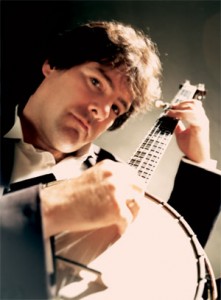 AS – How did it come about that you were playing with Abigail (Washburn) and her quartet?
AS – How did it come about that you were playing with Abigail (Washburn) and her quartet?
BF – I have been a fan of Abigail’s for some time. We were looking for a project to do together. It also came out of a trip to China that we took with this group. At the time, it just seemed like a nice bunch to take over there and have fun playing. But it ended up sounding really interesting and grew into much more.
AS – What about the Allstars (with Sam, Jerry, Edgar et al)? Any plans for future recordings or tours together?
The Allstars is a version of a group that has existed for many years. On the bluegrass scene, Sam and Jerry and I have been playing together since the early 80′s. Edgar starting coming around not long after and with Mark O’Connor’s addition, it became the group Strength in Numbers. A version of this was the band for my Bluegrass Sessions record and tour, with Bryan Sutton. Luke is new to the thing. Over the last few years we have been performing at the Telluride festival with Sam, Jerry, Bryan and Edgar. This year Luke did that one with us as well.
AS – What attracted you initially to the banjo? When and how did you come to realize its versatility beyond traditional bluegrass?
BF – I fell in love with Earl Scruggs. But it wasn’t long after I actually started playing that I started to see the possibilities. In high school in New York City, my pals all thought it was really cool if I played blues, or rock stuff. People always seemed to think that was different and it fit in perfectly with my own interests.
AS – Did any artists have significant influence on you or inspire you to pursue a life of musicmaking?
BF – A big guy for me was, and is, Tony Trischka. He was doing a lot of amazing stuff that charged me up and inspired me. First I tired to play like him, than I started to find my own voice.
On other instruments Chick Corea and Charlie Parker amazed me, and I wanted to know how to do what they do(still do!).
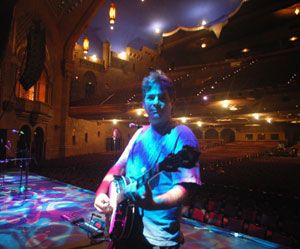 AS – Have you considered other instruments? Any particular reasons you have not become a multi-instrumentalist?
AS – Have you considered other instruments? Any particular reasons you have not become a multi-instrumentalist?
BF – I did play guitar and mandolin. I quickly rejected pedal steel and fiddle, when I realized that they were hard! But I found that the other instruments took away from my banjo playing. I had a lot of work still to do on that.
AS – Since you’ve been at this for a while, what are some valuable lessons you have learned in making music your life?
BF – I feel the best about doing music that turns me on, whether it finds a large audience or not. Some of the things I do become pretty big, but I try not to be demoralized if something I care about doesn’t.
There is no substitute for chemistry. A penny saved is a penny earned?
AS – What are some things that excite you about music today, in the community or the record industry? What are some things that you think need changing?
BF – I like the youth on the scene. I am excited to have new pals to play with that are younger, with fresh ideas and more openess than I had at their age.
Anything seems possible, and a lot of it actually is!
After being around for a good long while, I feel that I can achieve most of the things I attempt, even if they are fairly grand, like going to Africa and making a film and record, or playing with orchestras, etc.
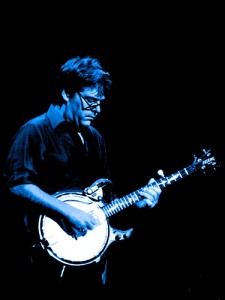 AS – What types of criticisms have you had to deal with from anti-newgrass camps, people arguing that newgrass was antithetical to what Bill Monroe intended and tradition dictated? Do you find any validity in these arguments? What are your responses to them?
AS – What types of criticisms have you had to deal with from anti-newgrass camps, people arguing that newgrass was antithetical to what Bill Monroe intended and tradition dictated? Do you find any validity in these arguments? What are your responses to them?
BF – I do agree that New Grass is quite different from bluegrass. I happen to like both types of music so to me there is no insult in calling a spade a spade.
I do not think one music is better than the other.
I have no bad feelings towards anyone who prefers traditional music. That is their right. I prefer it when they are not rude about it, though. Everyone likes different stuff, and the whole scene is stronger for all of the diversity.
When Bill first made his bluegrass music, it was a totally new thing, and the idea that it would become a tradition probably would have seemed crazy to all those guys.
Footnote- I was told of an overheard converstaion between purists saying – “whatever happenned to Bela Fleck? He could have been a great bluegrass banjo player.”
AS – More broadly, have you experienced many difficulties with taking the banjo to non-traditional genres and outlets, like classical?
BF – I think people had such low expectations for my classical album that it surprised them. It wasn’t threatening to any purists and I got away with it cleanly, selling a lot of records and winning 2 Grammies for it.
In fact, usually people are fine about it and I get brownie points for doing something different.
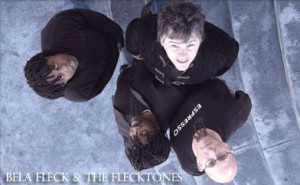 AS – What music do you enjoy listening to in your spare time? Any particular artists, present or past, who are currently really inspirational?
AS – What music do you enjoy listening to in your spare time? Any particular artists, present or past, who are currently really inspirational?
BF – I love Coltrane, Marcus Roberts, Joni Mitchell, Pat Metheny, and all the roots stuff I have always dug.
AS – Where are you looking to take your music in the future? What projects are you currently working on?
BF – Currently i am working on music I recorded in Africa. This CD should be released around February. I am working on an orchestra project with Edgar Meyer and Zakir Husein, for release in summer of 09. And look out for the Flecktones’ Christmas album and tour, coming in October!
Related posts
- Tres Bonn 2008: Bela FleckNotice to reader: you are far from Hollywood’s portrayal of...
- Live Review: Béla Fleck and the Flecktones @ Strathmore (2009.11.18)[Audio clip: view full post to listen] MP3: Béla Fleck...
- Album Review: Béla Fleck – Throw Down Your Heart, Tales from the Acoustic Planet, Vol. 3: Africa Sessions (Rounder)[Audio clip: view full post to listen] MP3: Béla Fleck...
- Interview: Caverns (w/ Kevin Hilliard)Guitarist Kevin Hilliard, one-third of DC’s hard-rocking instrumentalists Caverns took...
- Mark Olson (ex-Jayhawks) Interview / Show ReviewWelcome our newest contributor Lou Takacs out of good ol’...



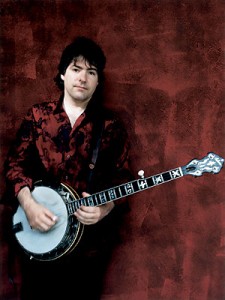


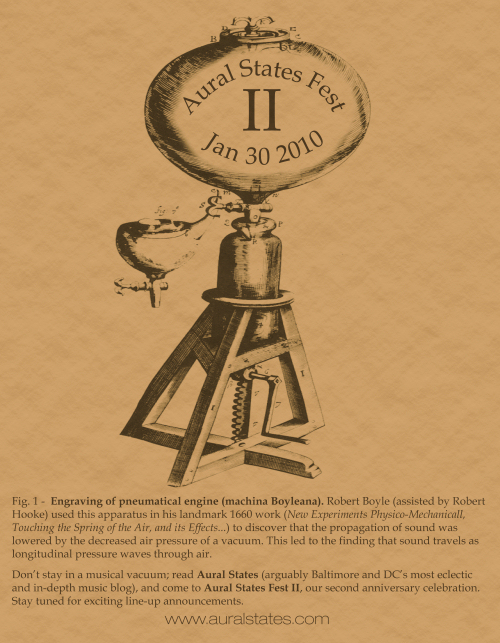
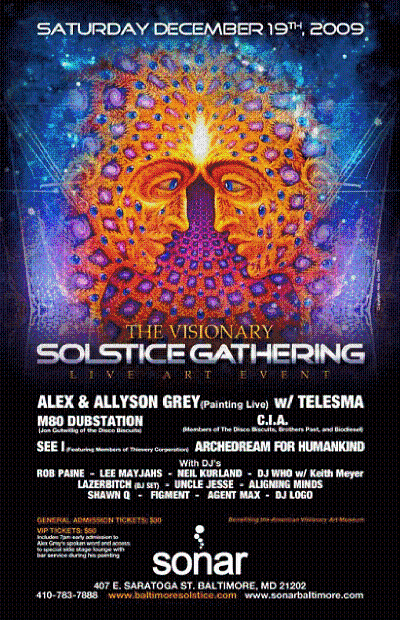









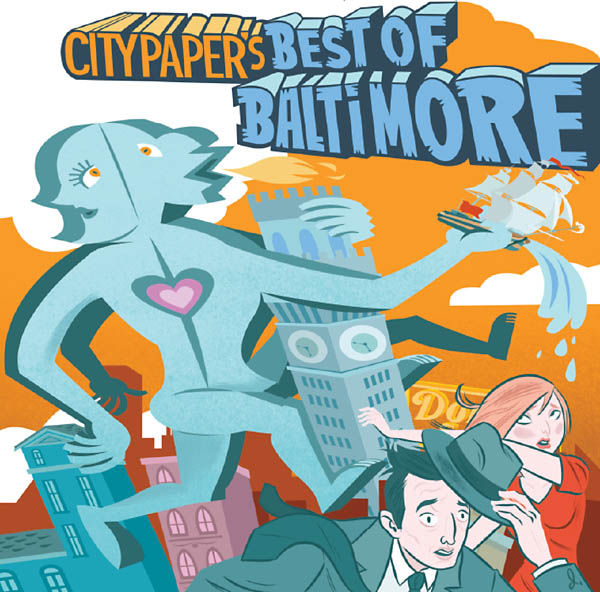
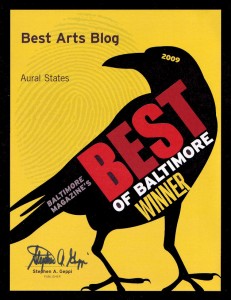


 Double Dagger: Masks EP
Double Dagger: Masks EP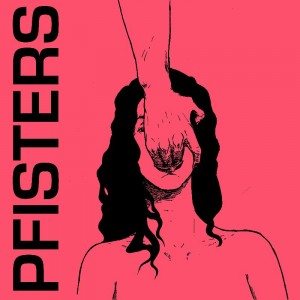 Pfisters: Narcicity
Pfisters: Narcicity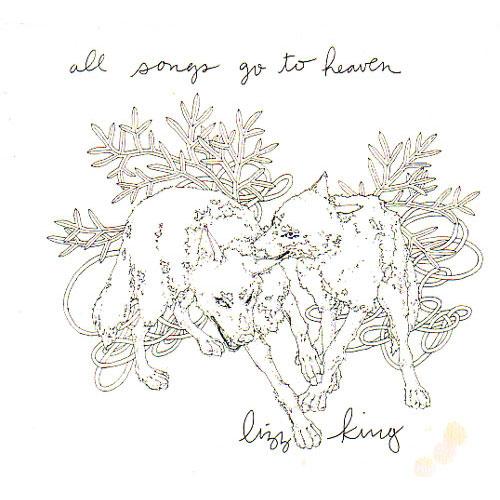 Lizz King: All Songs Go To Heaven
Lizz King: All Songs Go To Heaven Imperial China: Phosphenes
Imperial China: Phosphenes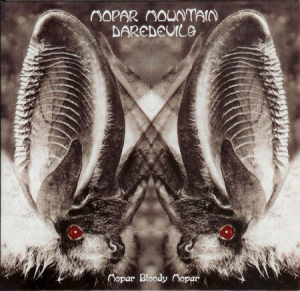 Mopar Mountain Daredevils: Mopar Bloody Mopar
Mopar Mountain Daredevils: Mopar Bloody Mopar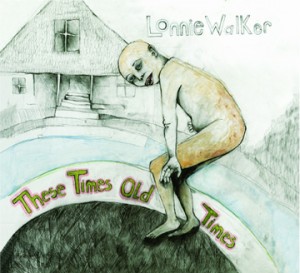 Lonnie Walker: These Times, Old Times
Lonnie Walker: These Times, Old Times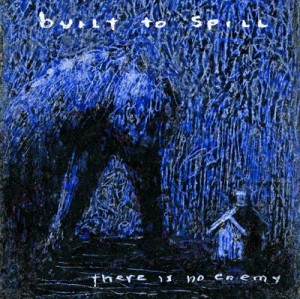 Built to Spill: There Is No Enemy
Built to Spill: There Is No Enemy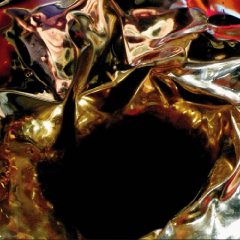 Hypnotic Brass Ensemble: Hypnotic Brass Ensemble
Hypnotic Brass Ensemble: Hypnotic Brass Ensemble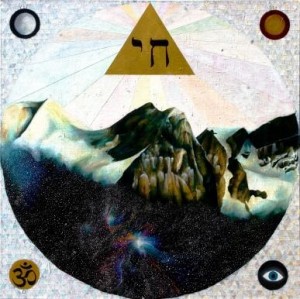 Secret Mountains: Kaddish EP
Secret Mountains: Kaddish EP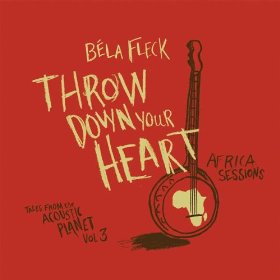 Bela Fleck: Throw Down Your Heart: Tales From the Acoustic Planet, Vol. 3 -Africa Sessions
Bela Fleck: Throw Down Your Heart: Tales From the Acoustic Planet, Vol. 3 -Africa Sessions Lands & Peoples: Lands & Peoples EP
Lands & Peoples: Lands & Peoples EP Caleb Stine: Eyes So Strong and Clean
Caleb Stine: Eyes So Strong and Clean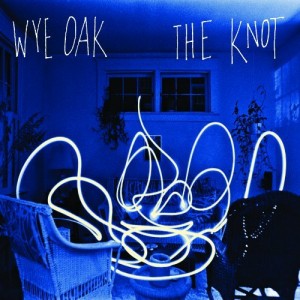 Wye Oak: The Knot
Wye Oak: The Knot Pontiak: Maker
Pontiak: Maker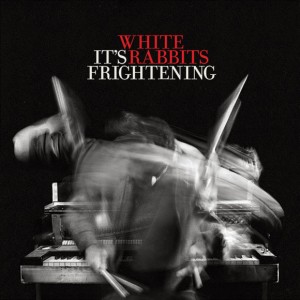 White Rabbits: It's Frightening
White Rabbits: It's Frightening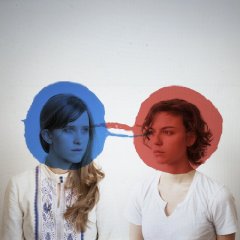 Dirty Projectors: Bitte Orca
Dirty Projectors: Bitte Orca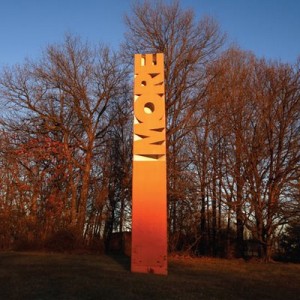 Double Dagger: More
Double Dagger: More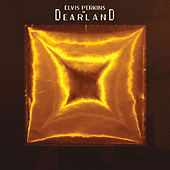 Elvis Perkins in Dearland: Elvis Perkins in Dearland
Elvis Perkins in Dearland: Elvis Perkins in Dearland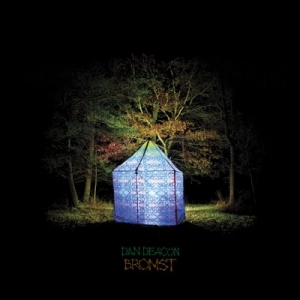 Dan Deacon: Bromst
Dan Deacon: Bromst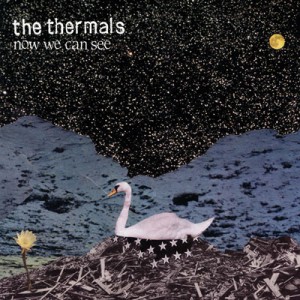 The Thermals: Now We Can See
The Thermals: Now We Can See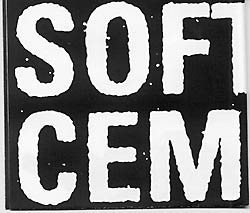 Soft Cement: Think About It EP
Soft Cement: Think About It EP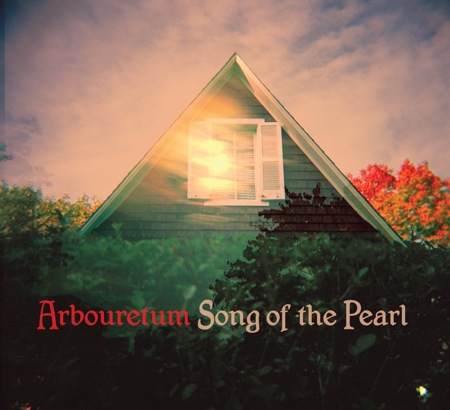 Arbouretum: Song of the Pearl
Arbouretum: Song of the Pearl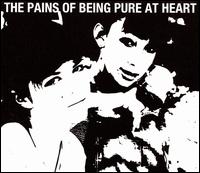 The Pains of Being Pure at Heart: The Pains of Being Pure at Heart
The Pains of Being Pure at Heart: The Pains of Being Pure at Heart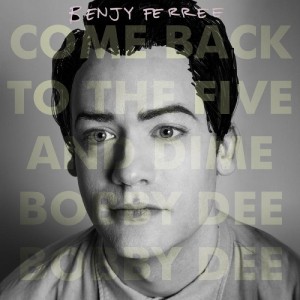 Benjy Ferree: Come Back to the Five and Dime, Bobby Dee Bobby Dee
Benjy Ferree: Come Back to the Five and Dime, Bobby Dee Bobby Dee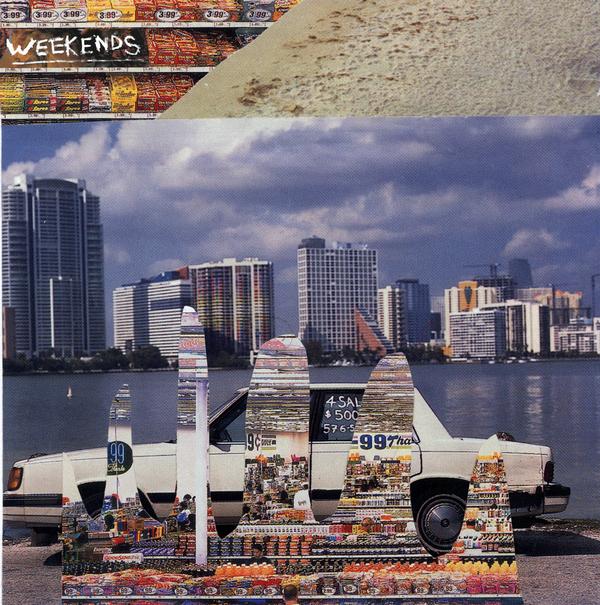 Weekends: Weekends
Weekends: Weekends Height With Friends: Baltimore Highlands 12" LP, Limited-Run Vinyl Only
Height With Friends: Baltimore Highlands 12" LP, Limited-Run Vinyl Only Caverns: Kittens! EP
Caverns: Kittens! EP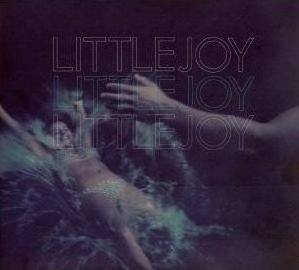 Little Joy: Little Joy
Little Joy: Little Joy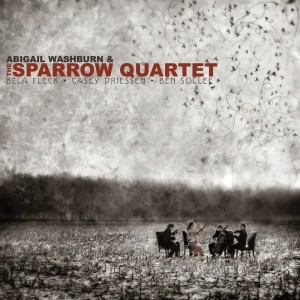 Abigail Washburn & the Sparrow Quartet:Abigail Washburn & the Sparrow Quartet
Abigail Washburn & the Sparrow Quartet:Abigail Washburn & the Sparrow Quartet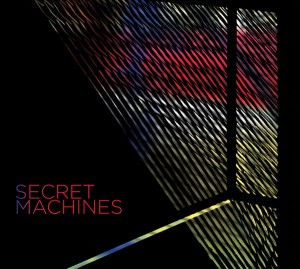 The Secret Machines: Secret Machines
The Secret Machines: Secret Machines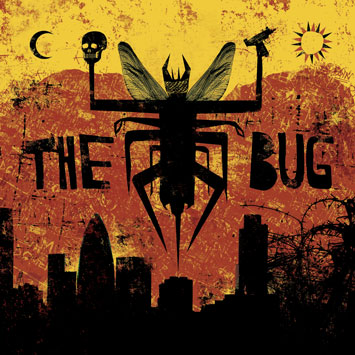 The Bug: LondonZoo
The Bug: LondonZoo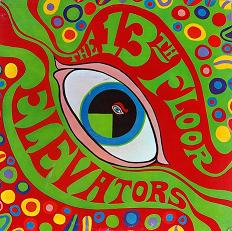 13th Floor Elevators: Psychedelic Sounds of the 13th Floor Elevators (Vinyl Mono LP only)
13th Floor Elevators: Psychedelic Sounds of the 13th Floor Elevators (Vinyl Mono LP only)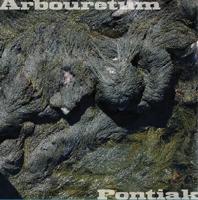 Arbouretum/Pontiak: Kale (Vinyl LP only)
Arbouretum/Pontiak: Kale (Vinyl LP only) Small Sur: We Live in Houses Made of Wood
Small Sur: We Live in Houses Made of Wood AbeVigoda: Skeleton
AbeVigoda: Skeleton ImperialChina: Methods: EP
ImperialChina: Methods: EP
Sweet! I heart bluegrass- kudos!